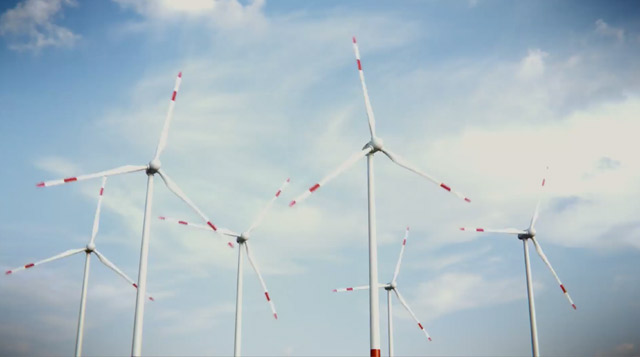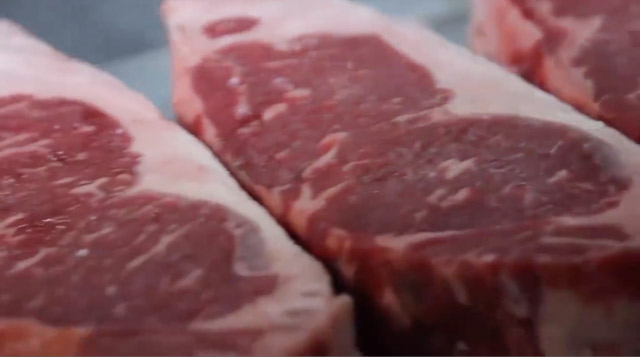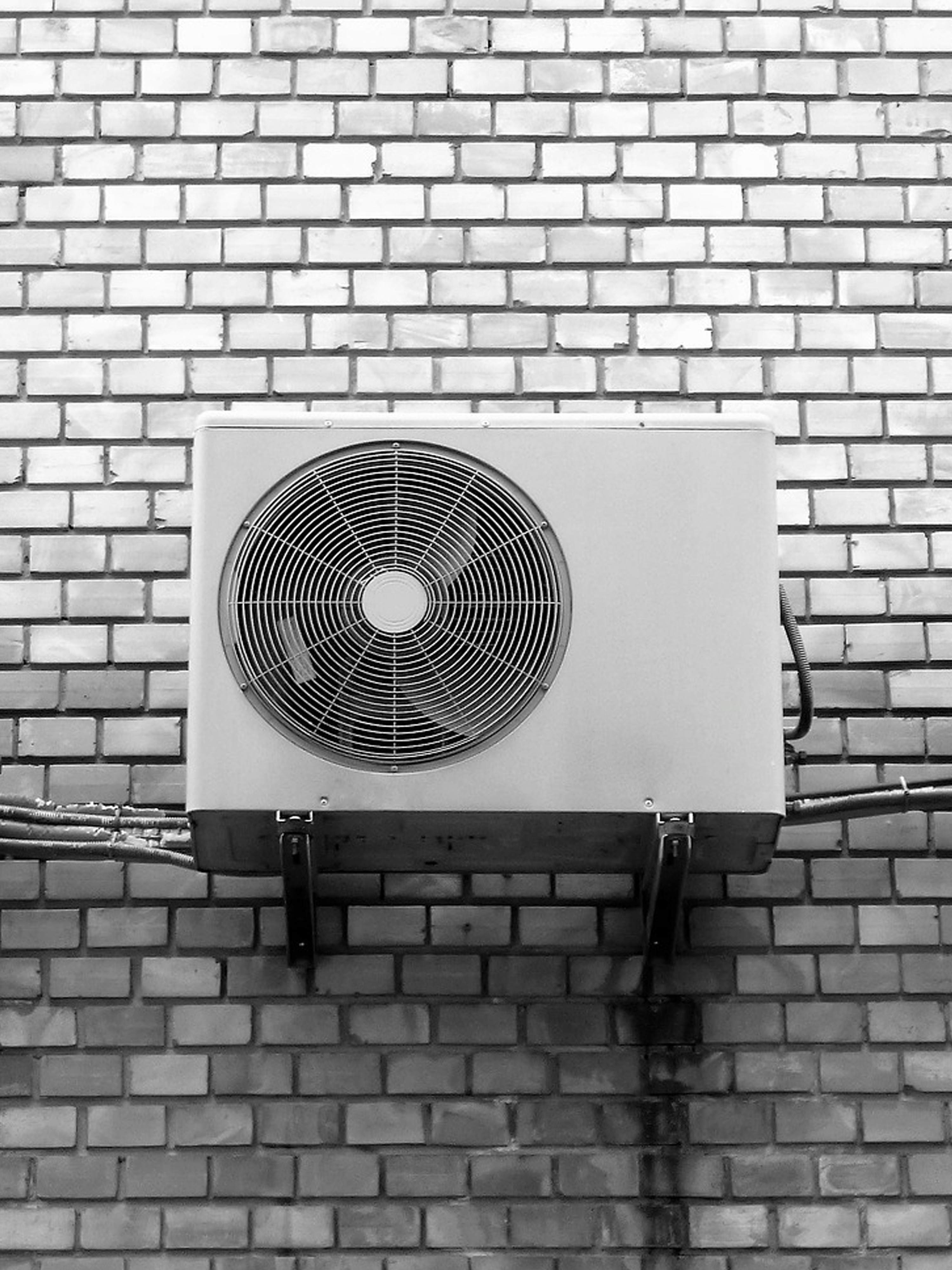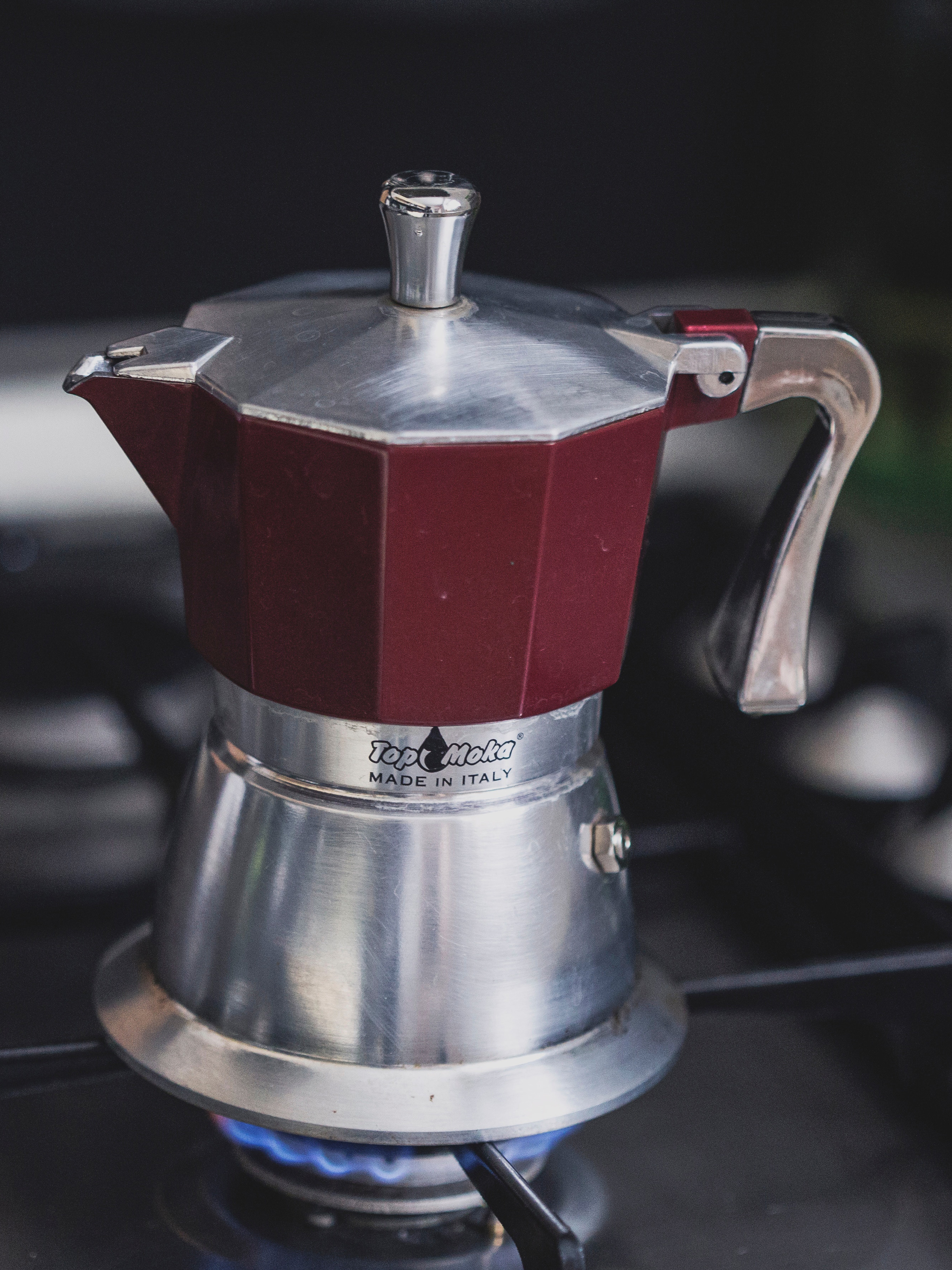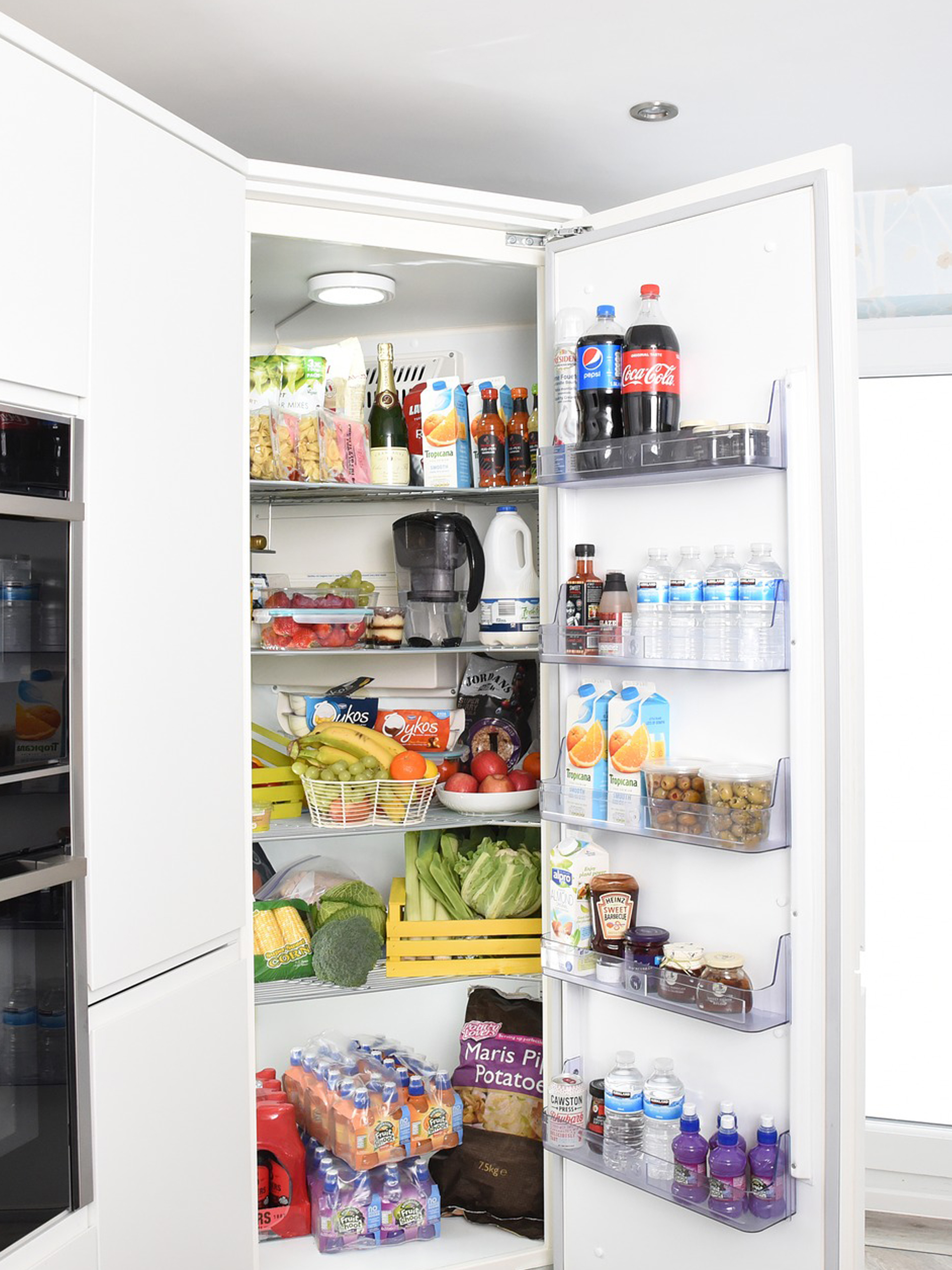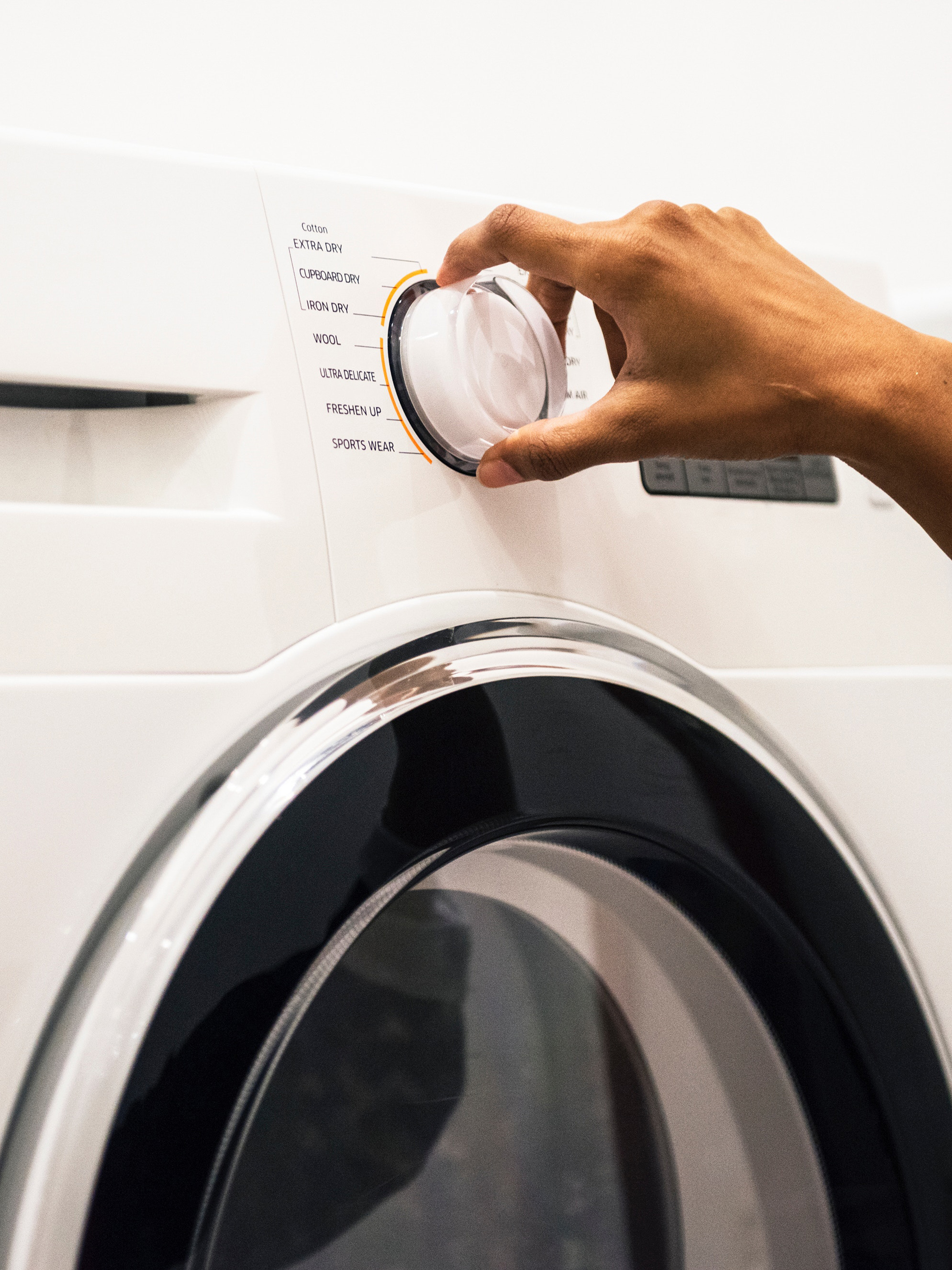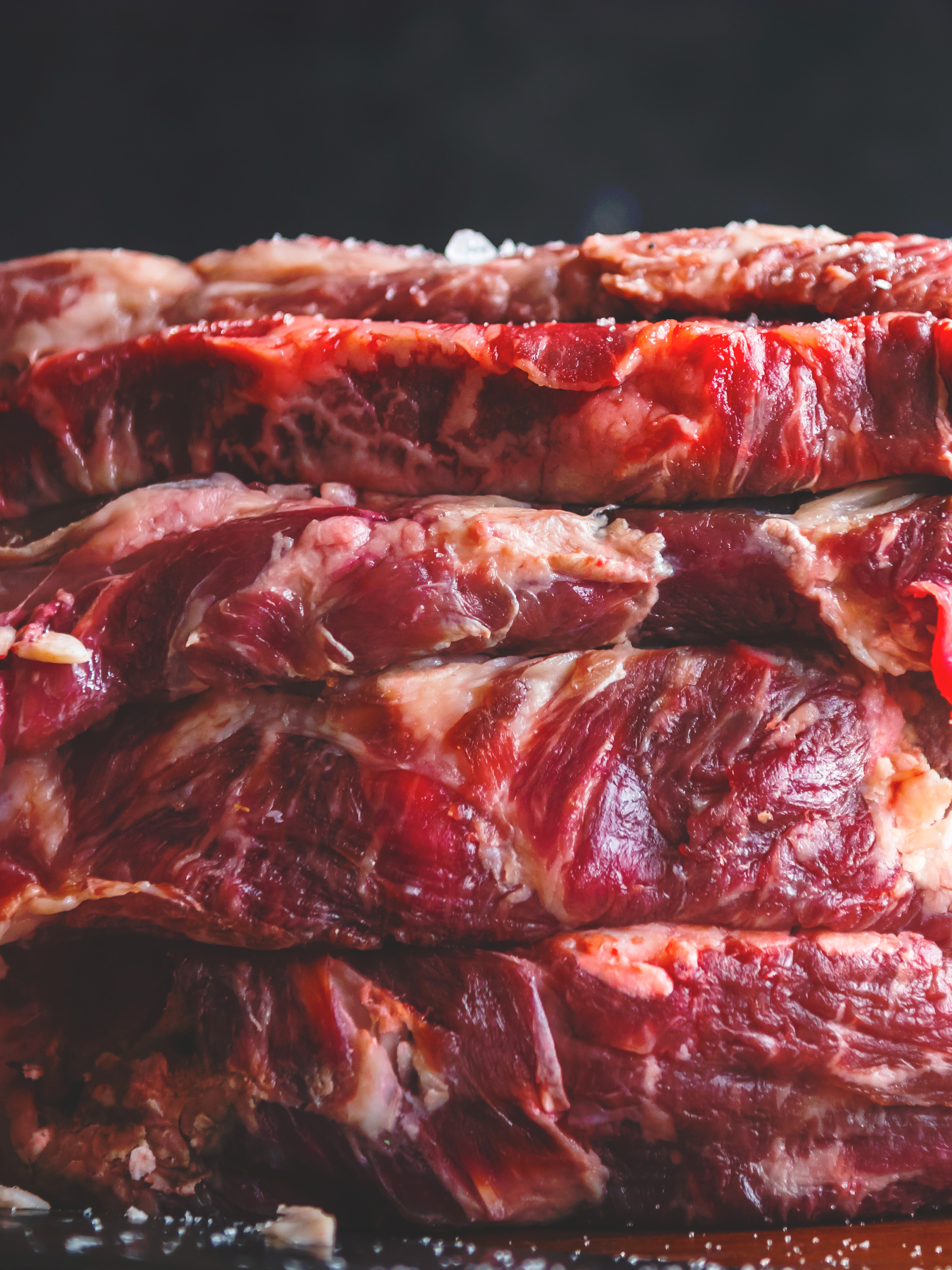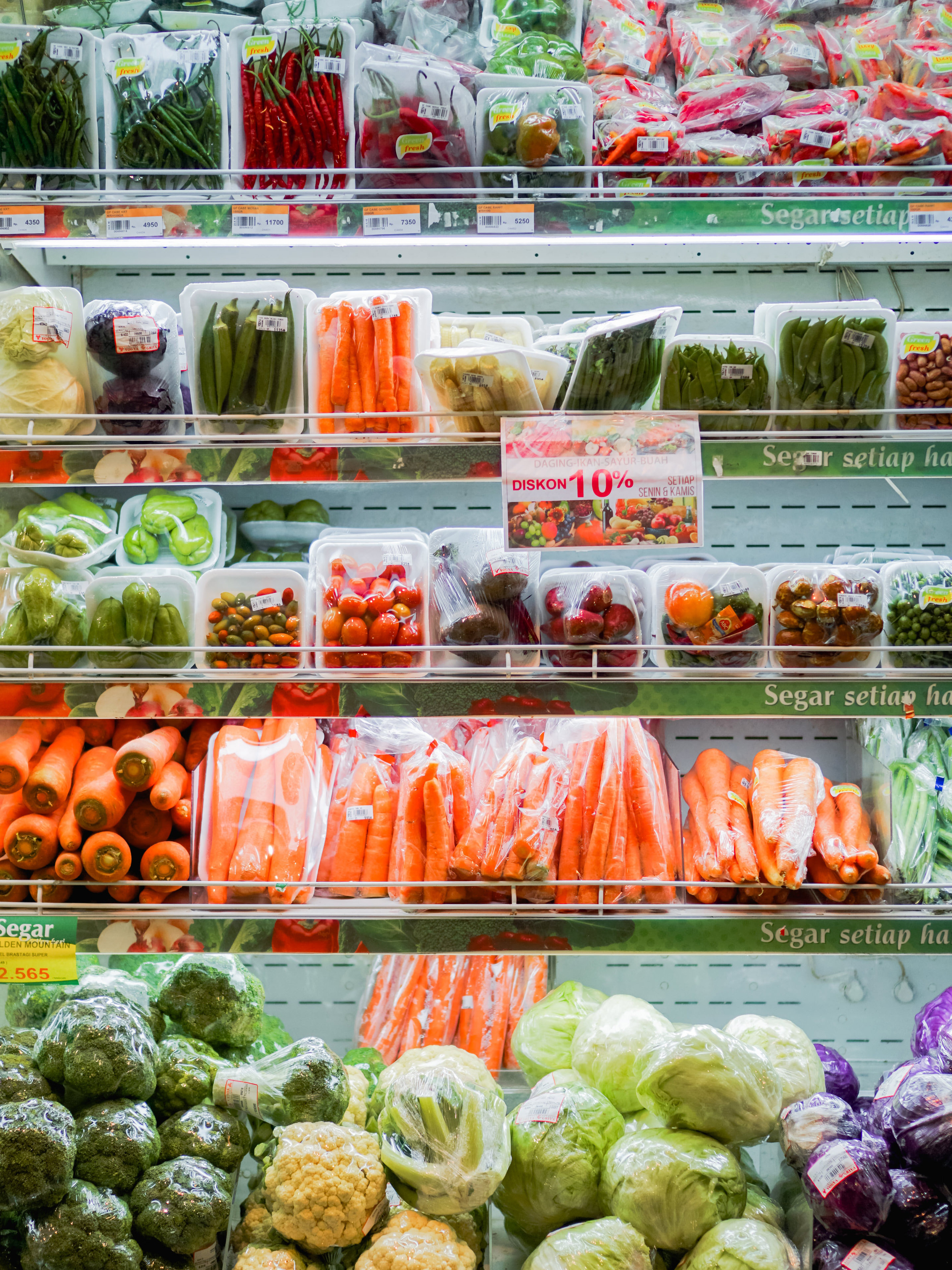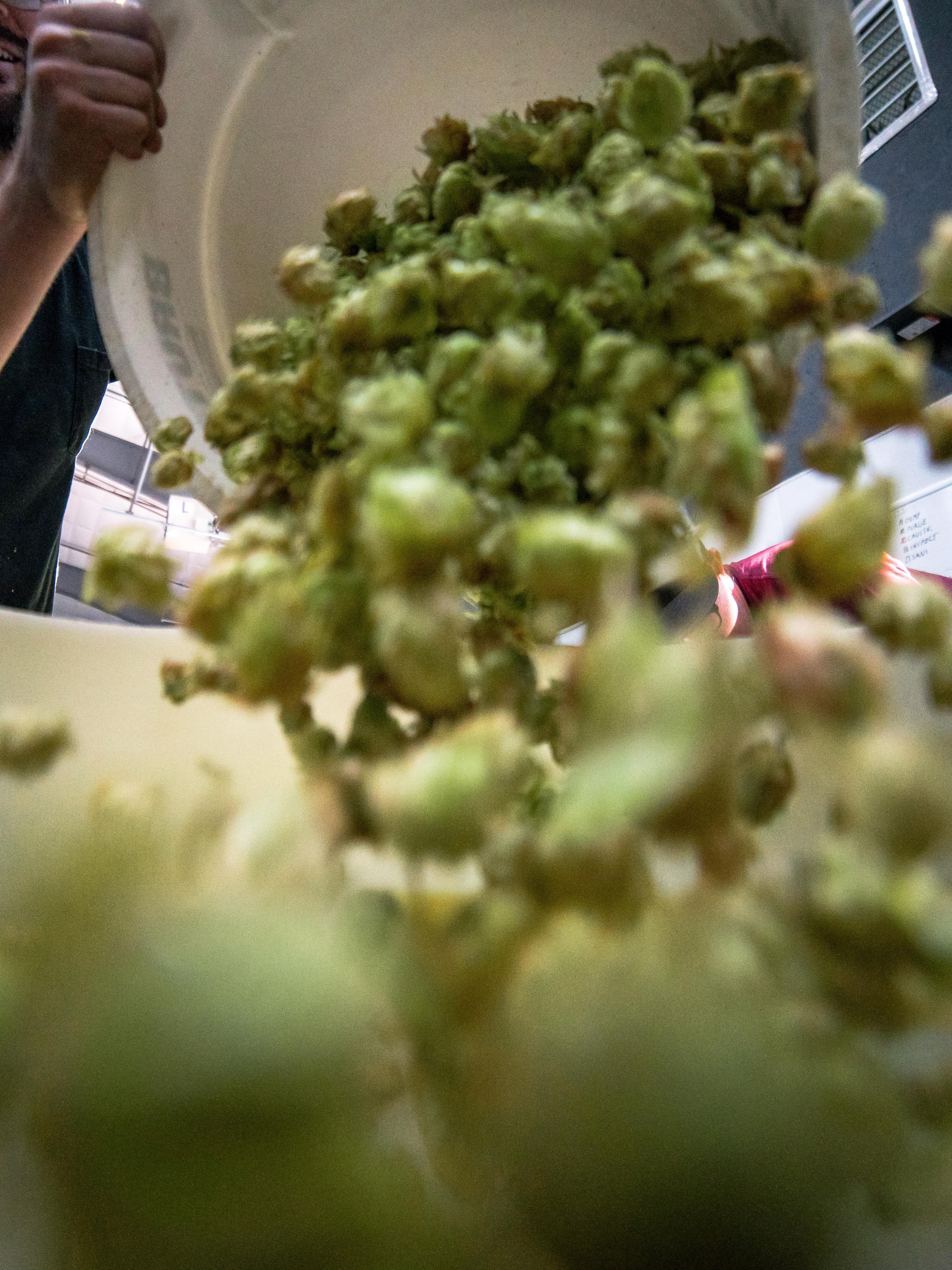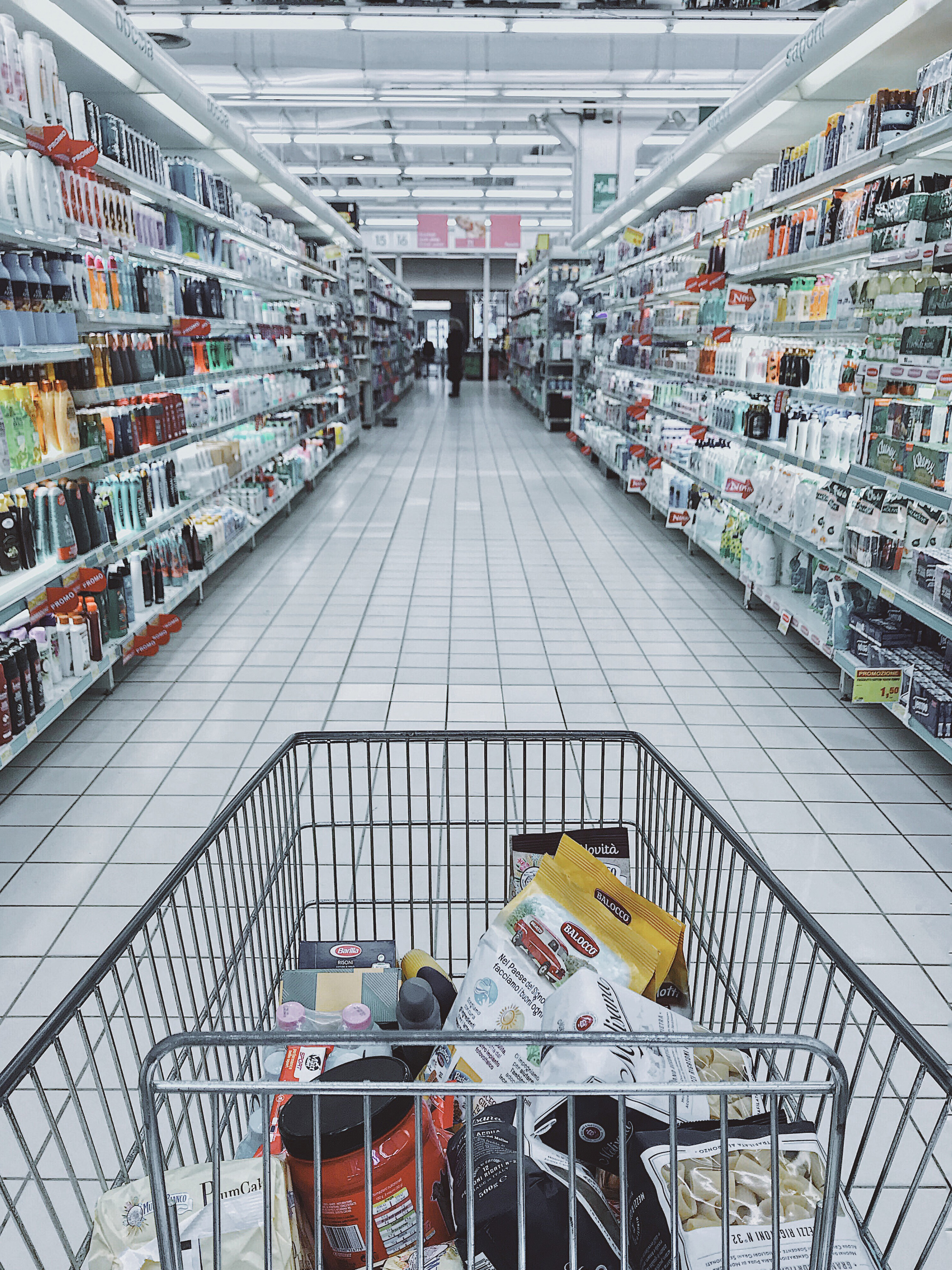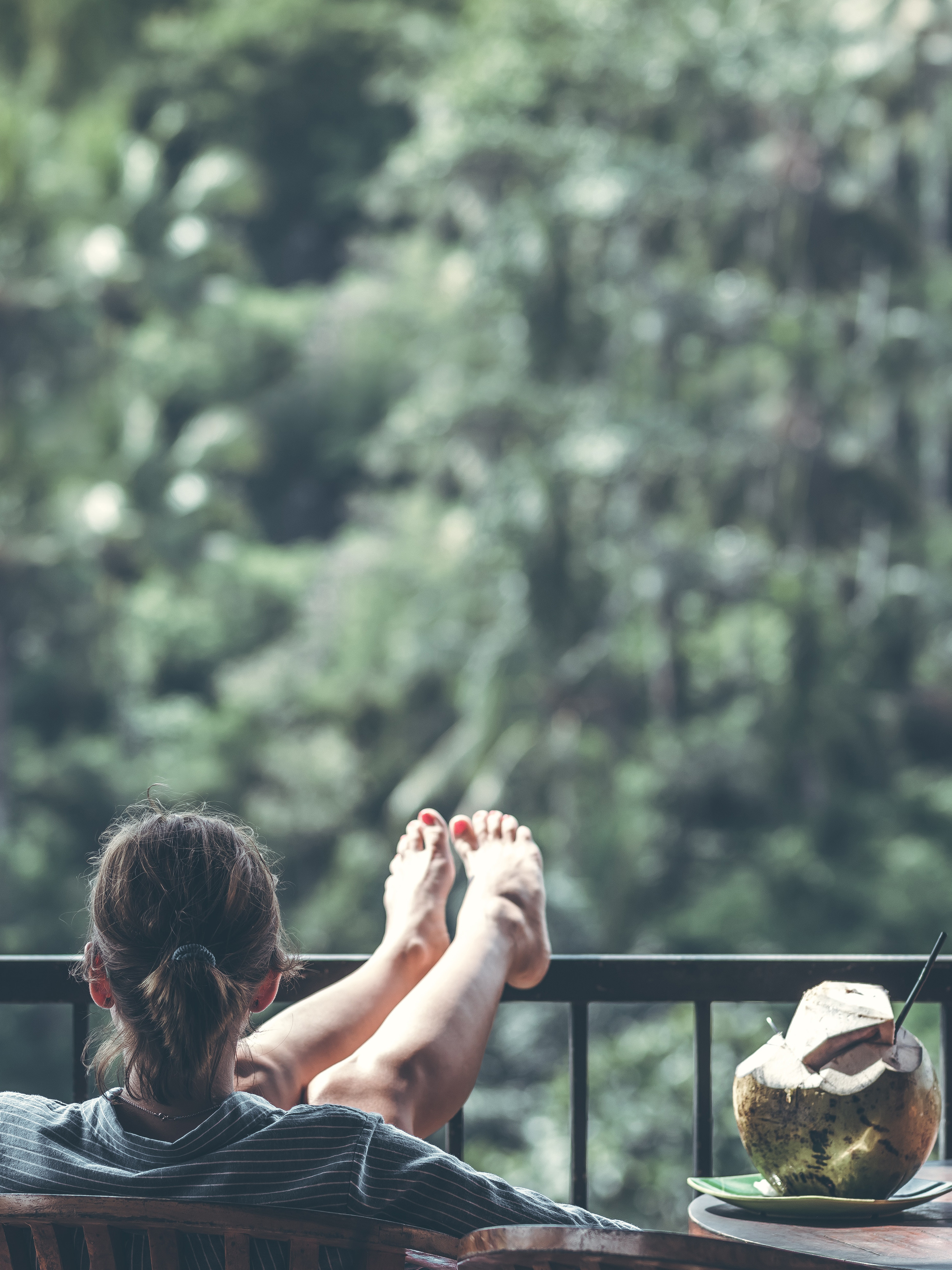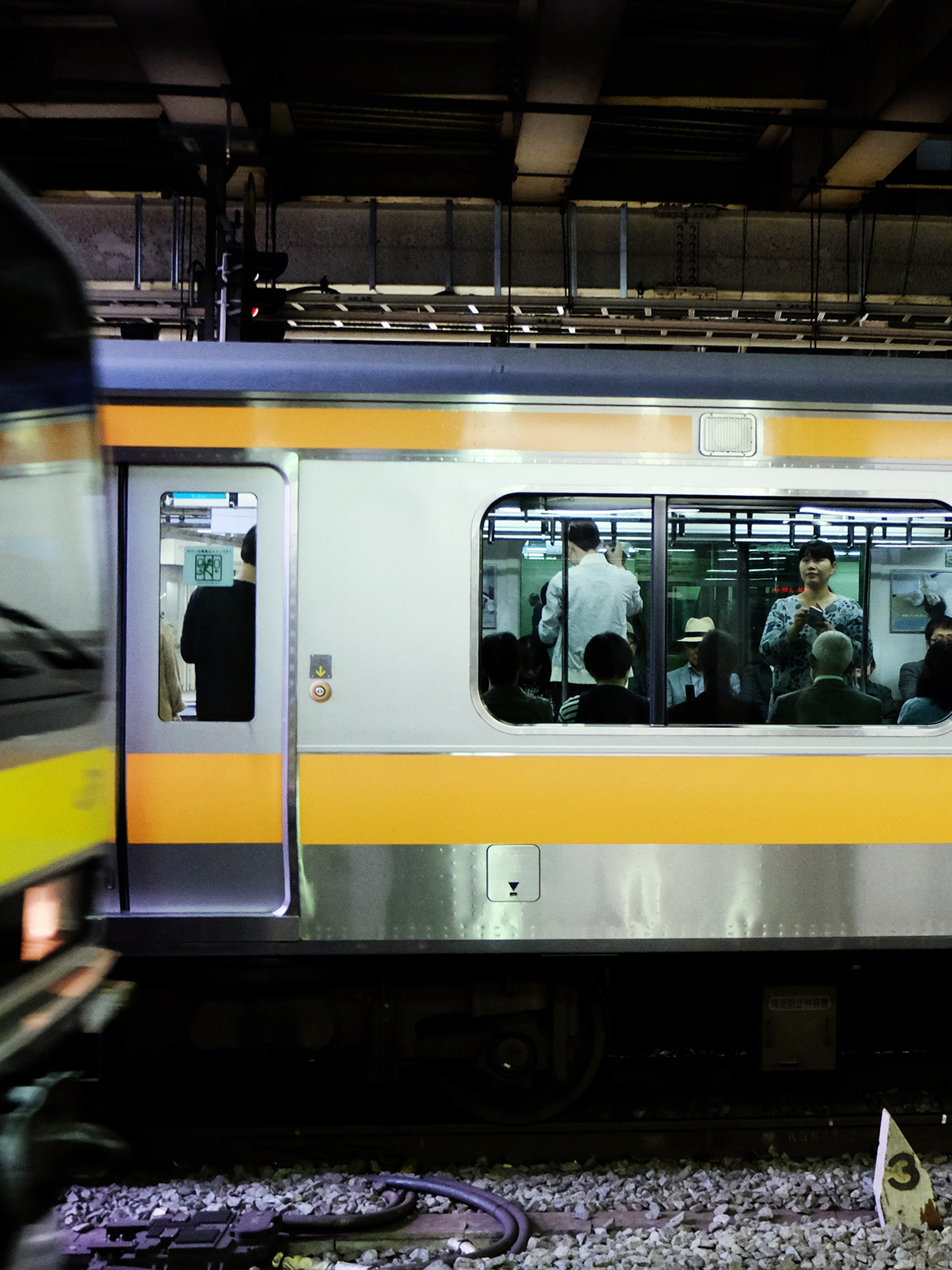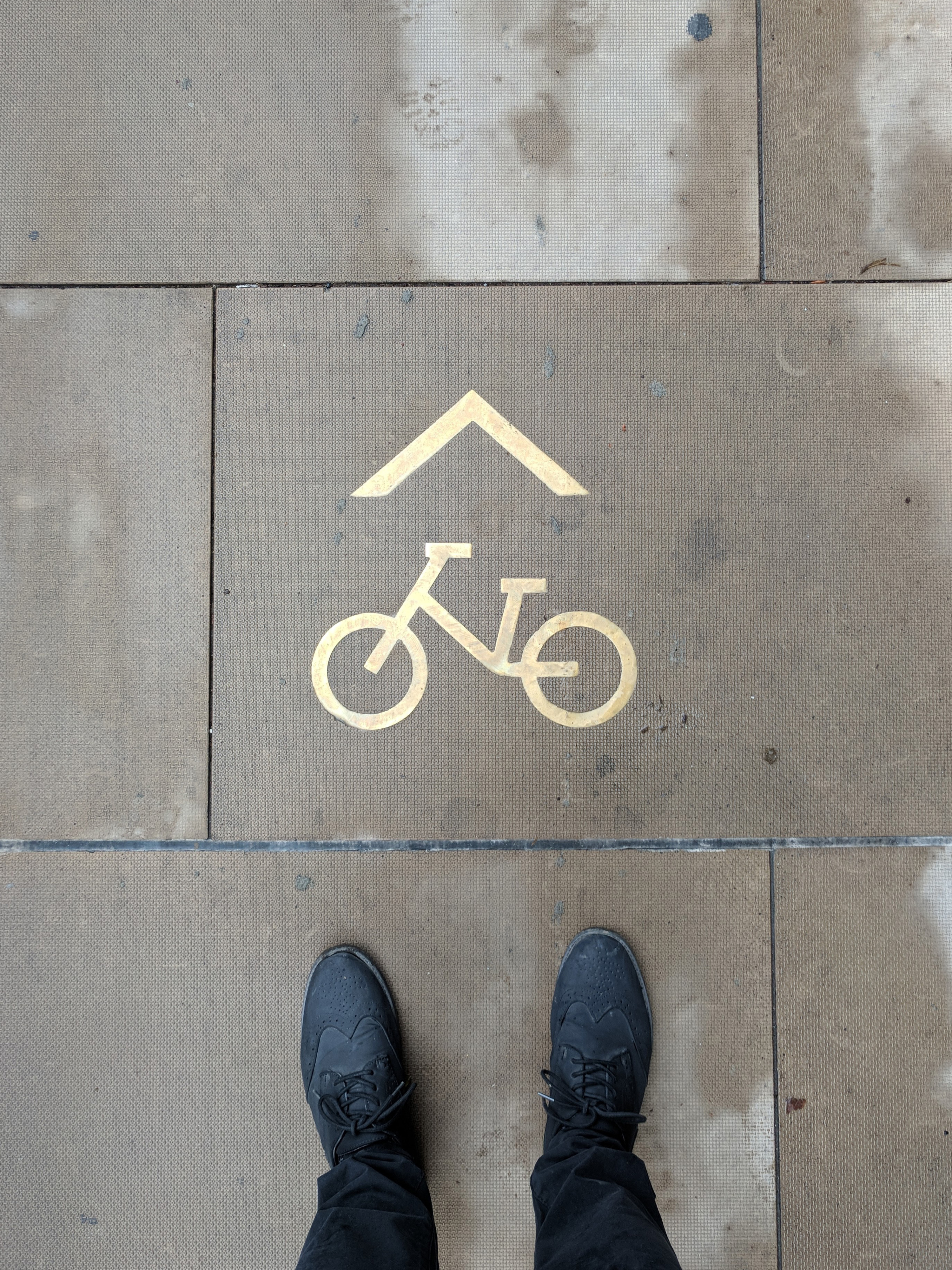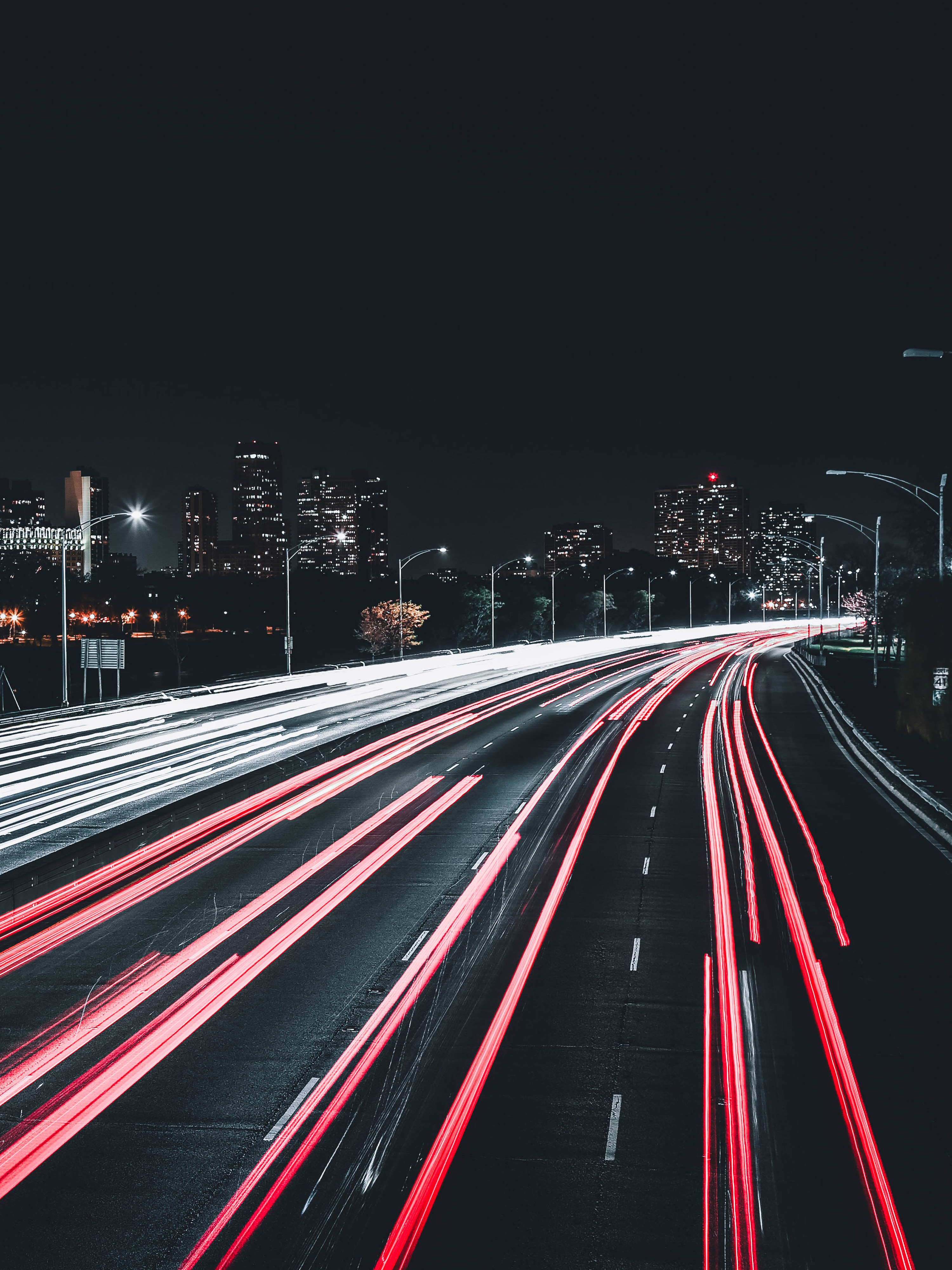Climate change is
someone else’s problem.
Someone else is affected by it.
Someone else will take care of it.
Someone else will pay for it.
Climate change is always someone else’s problem. Until the day it’s not.
Today, meet Someone Else.
Countless indigenous cultures today are the first to pay the price of climate change.
Here are just seven of them.
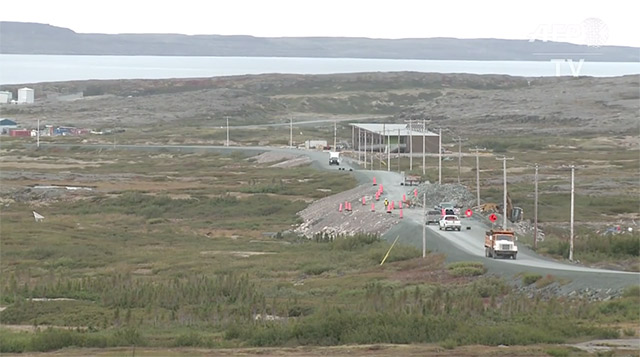
Inuit, Canada
1/7
In this sub-Arctic region, melting ice caused by warmer weather results in unstable soil. This makes it hard to build houses and roads – so the community is more isolated from other towns and cities than ever. The hot weather has also driven away the caribou and fish, eliminating an important source of income and sustenance.
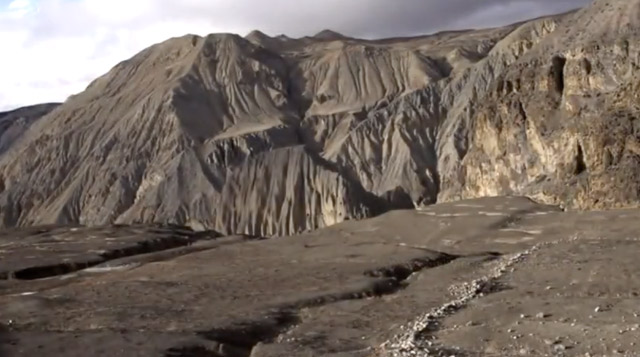
Dhe Village, Nepal
2/7
The residents here are the first documented climate refugees in Nepal. Originally from Ghayul Valley, the yak-herding villagers have already moved twice for their survival in recent years. The high-altitude areas of Nepal feel the greatest impact of climate change; less snow means a severe water shortage, and their pastures are drying up. Where once there was green land, empty houses are now all that’s left behind of a community desperate to survive.
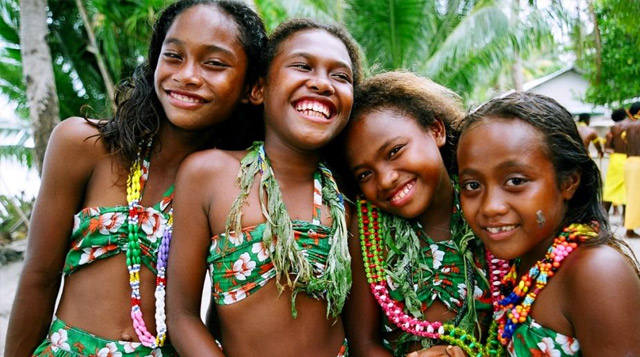
Takuu atoll, Papua New Guinea
3/7
This proud tribe who builds their homes on the water’s edge of the tiny island of Nukutoa are seeing their homes being submerged by rising sea waters every year. This unique culture is slowly being drowned out by encroaching waters and lack of resources. While the people say that they are determined to keep their culture, they acknowledge the sad reality that they may not keep their island for long.
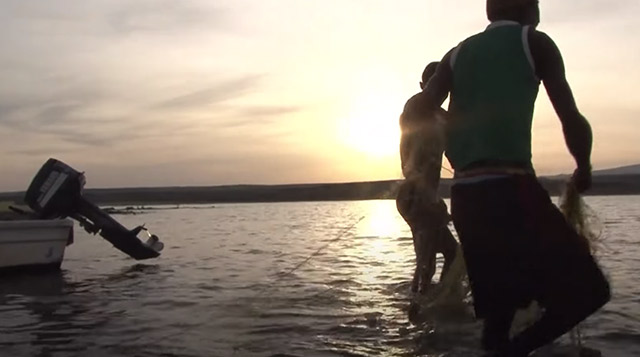
El Molo, Kenya
4/7
The smallest tribe in Africa, they believe that the water of Lake Turkana (the world’s largest permanent desert lake) is blessed, so only eat whatever comes from the lake. This means that the lake fish is their primary source of food and income. But this lake is shrinking. Shifting rain patterns has caused a severe drought in the region. Today, they are forced to go further and further into the lake to catch dwindling fish populations – but for how much longer till the lake completely dries up?
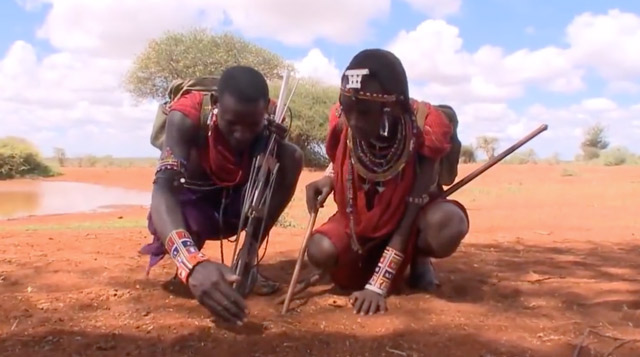
Maasai, Kenya
5/7
This tribe that practices traditional pastoralism now sees their livestock quickly dying off, thanks to severe drought. The young ones are now forced to find new ways to survive beyond owning cattle, as it is no longer sustainable to depend on pasturing. The elders fear that this will erode their culture. With all these factors in play, they face the very real threat of extinction.
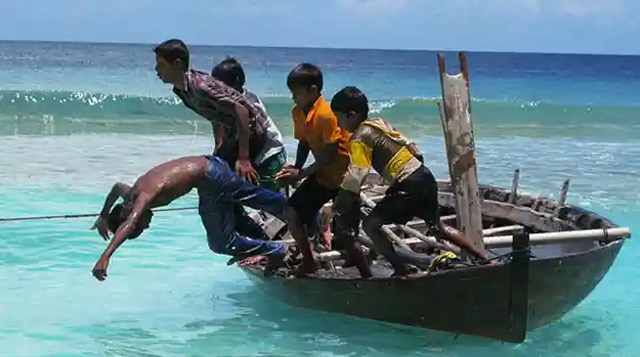
Island tribes, Maldives
6/7
The indigenous calendar of the Maldivians, called the nakaiy, marks the seasons and maps the stars. For hundreds of years, it has set the time for planting crops, fishing, building houses and even marriage. Yet extreme weather changes in recent years have made the ancient calendar less reliable – signalling a huge loss in the people’s culture and identity.
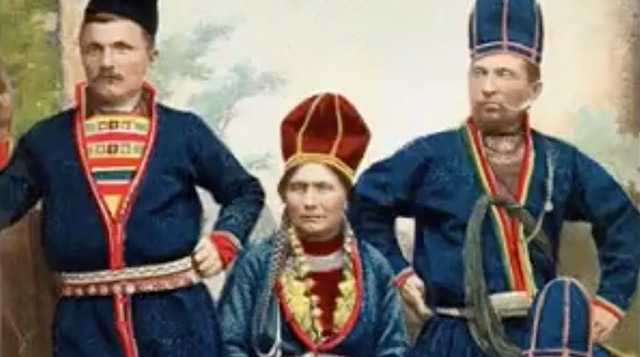
Sami, North Finland
7/7
For centuries, the Sami have structured their lives according to the seasons, but as the seasons have become impossible to predict, their traditional knowledge of their environment is becoming irrelevant. Extreme weather is their new normal. The warm air continually causes a food shortage for the reindeer, and their numbers dwindle year by year. For the reindeer-herding Sami, this means huge financial losses. More importantly, suicide rates are going up among their young people, who have to face being the last ones in a culture on the brink of extinction.

Now guess who’s next.
By 2030, 25% of Malaysia’s population
will be displaced thanks to climate change.
Pretty soon, we’re all going to feel the heat.
And our daily choices are
leading us there step by step.
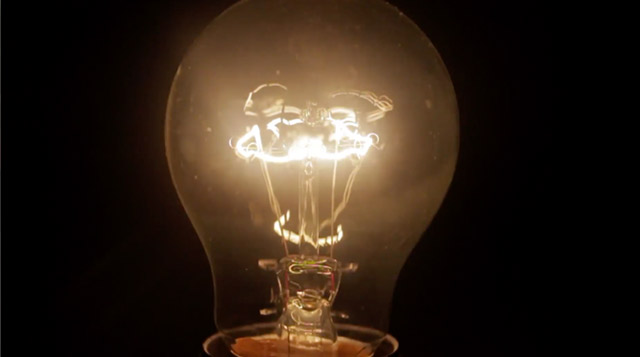
Every switch your finger won’t lift to turn off.
1/3
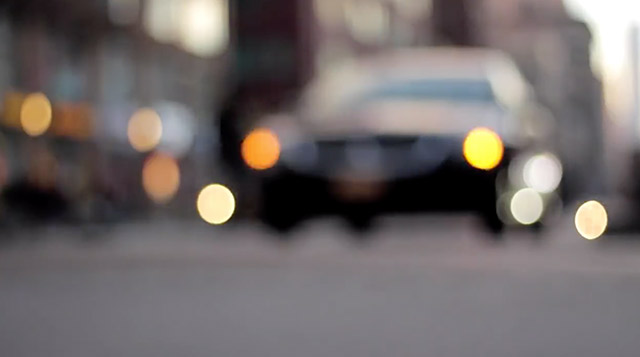
Every 5-minute drive you choose over walking.
2/3
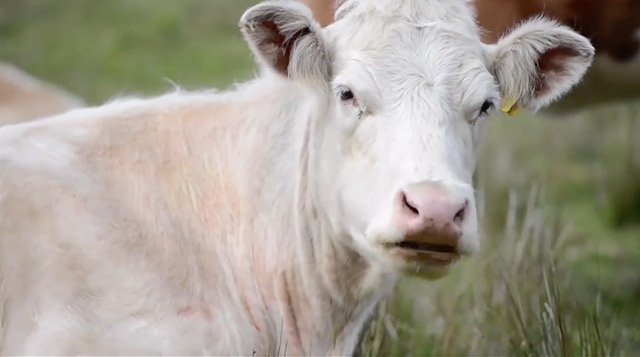
Every fart that came out of the cow you just had for dinner.
3/3
All of these small choices play a big part in climate change.
In the name of convenience, we are killing ourselves.
“Saving the planet isn't the issue here, but saving humanity. One of the ways we can do this is to improve our relations with nature.”
Dr. Alberto Gomes
Anthropologist and Global Director of DEEP Network
“The thing about living simply is how unsimple it actually is. But we have arrived at a point where we must all be personally accountable.”
Eddin Khoo
Founder and assistant director of PUSAKA
Live simply. It’s simpler than you think.
When it comes to climate change, small daily choices add up to a whole lot.
What choices are you making today? What changes can you make?
Click through the pillars below to learn the difference you can make today.
Thanks for answering the quiz.
Here are some simple things you can do.
Thanks for answering the quiz.
Here are some simple things you can do.
Thanks for answering the quiz.
Here are some simple things you can do.
Take the pledge to live simpler today.
Now that you know what you can do about climate change, turn it into a lifestyle and set an online reminder.
And don’t be shy – share this website with your friends so more people get the word.

